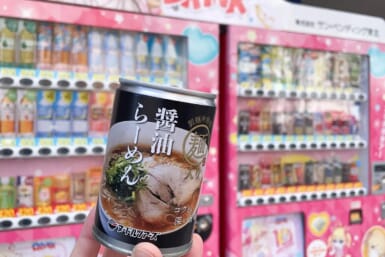Conglomerates led by ethnic Chinese are racing to Southeast Asia to tap brisk demand in the region following the Asian currency crisis, driving foreign investment in countries such as Indonesia and the Philippines.
The automotive and retail industry in heavily populated Southeast Asian nations have appealed to Chinese companies, with demand from the countries’ middle-income consumers increasing.
Salim Group plans to make inroads into Indonesia’s car industry by agreeing to buy back a stake of around 70% in PT Indomobil Sukses Internasional Tbk, a major automaker in the country, for $809.3 million. Salim left the market in the late 1990s amid the Asian currency crisis.
New car sales in Indonesia topped 1 million units for the first time in 2012 due to an increase in the number of middle-income consumers in the country, The Nikkei reports.
Real estate developer and group firm Lippo Karawaci Tbk of the Lippo Group is ramping up efforts to build more shopping malls from 28 at present to 50 locations in 2016.
The SM Group, a leading retail group led by Chinese business tycoon Henry Sy, opened up five large shopping malls in the Philippines last year.
Chinese firms have expanded by teaming up with Japanese firms and other foreign companies with advanced technologies and services, luring foreign capital into these countries, according to The Nikkei.
“Chinese conglomerates are attractive because of their capital, land holdings and logistics networks,” a senior official at one major Japanese trading house said.









